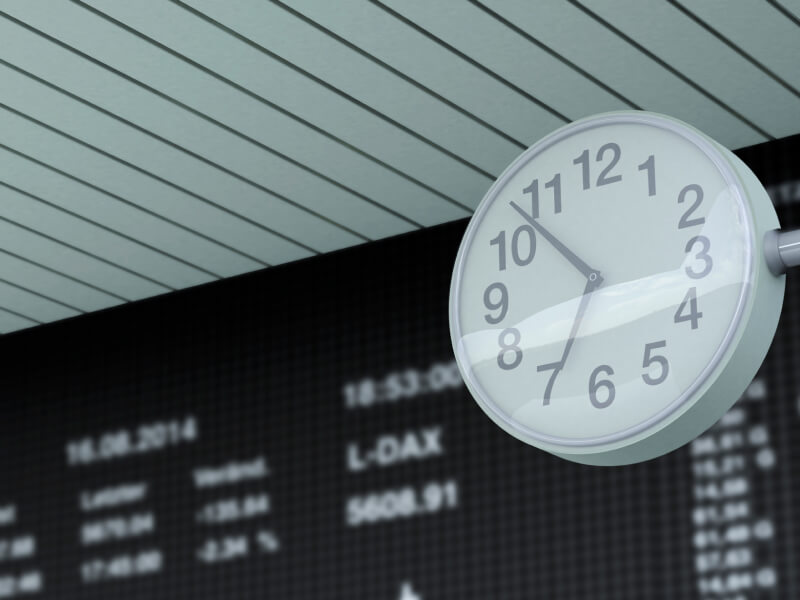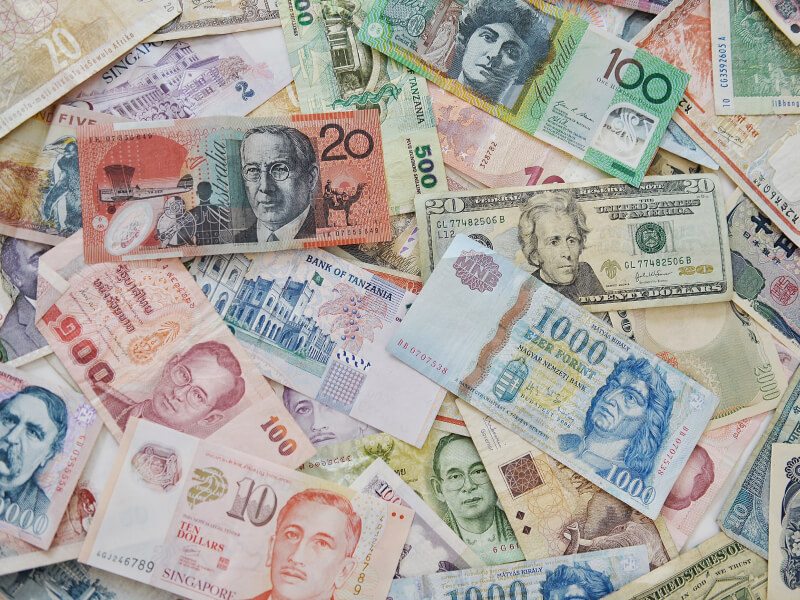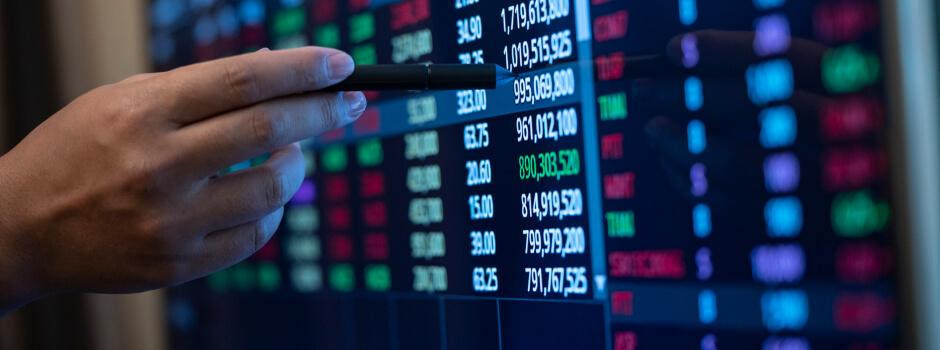This article is not intended to be financial, investment or trading advice. This article is for information and solely for education purposes. It does not protect against any financial loss, risk or fraud.
The forex market, commonly referred to as the currency or foreign exchange market, is the largest financial market globally. But what is the forex market exactly?
At its core, the forex market facilitates the buying and selling of currencies, acting as a decentralised global marketplace. $7.5 trillion worth of currencies is traded every day, which ensures liquidity and constant volatility.

Whether you’re wondering how to invest in forex or simply curious about how it operates, this article is essential to understanding the particularities of forex trading versus other financial markets.
We’ll delve into the benefits and risks of navigating the forex market. Plus, for those keen on optimising their trading experience, we’ll discuss why Skrill is a reliable payment provider for forex traders.
Advantages of trading the forex market
The global forex market offers various opportunities for traders. With its vast reach and dynamic nature, it presents distinct advantages that attract both newcomers and experienced traders.
Here’s a closer look at the pros of forex trading:
- Low entry costs: One of the primary attractions of the forex market is its relatively low cost of entry.
While brokerage commissions are not usually charged, traders should be familiar with spreads. A spread represents the difference between the buying (commonly known as ask) and selling (bid) prices in the forex exchange. This minimal difference is where most brokers (intermediaries that buy and sell financial assets) earn, reducing the overhead costs for traders.
For example, if the ask price is 1.1050 and the bid price is 1.1048, the spread is 0.0002, or 2 pips. A tight spread like this is preferable as it reduces the cost to enter and exit trades.
- 24/5 market: Unlike the stock markets, which operate during specific hours, the forex market is open 24 hours a day, 5 business days a week. This way of operating allows for global trade, accommodating different time zones and offering traders flexibility.
So whether you’re an early bird or a night owl, the forex market can be traded around the clock.

- Global decentralised market: Rather than being bound by a central exchange or regulator, the forex market operates over a vast network of computers. This decentralised nature means that the market isn’t dominated by any single institution.
However, it’s essential to note that central banks, like the European Central Bank or the Federal Reserve, may intervene during exceptional circumstances to stabilise or increase the value of their nation’s currency. For instance, during the 2008 financial crisis, the Federal Reserve took measures to bolster the US dollar.

- Variety and flexibility: The forex market offers traders a diverse range of currency pairs to choose from including major pairs like the US dollar against the euro or the pound, as well as more exotic pairs featuring less traded currencies, such as the Serbian dinar or the Chilean peso.
Moreover, as exchange rates depend on a variety of factors, from geopolitical events to economic indicators, traders can build their strategies based on global news and in-depth market analysis.
- Accessible capital requirements: Forex trading stands out for its accessibility, particularly regarding capital requirements. While other markets like stocks, futures, or options often demand more substantial capital, the low spreads in the forex market allow individuals with even modest starting capital to begin trading.
Risks of trading in the forex market
The allure of the forex market is undeniable, but it’s vital to approach this venture with a clear understanding of the risks involved. Just as opportunities for profits are vast, so too is the possibility of make a loss.
Here are some key considerations:
- Market volatility: One of the key challenges in the forex market is its inherent volatility. Factors like geopolitical events, economic reports, and even sudden shifts in market sentiment can cause swift and unpredictable shifts in exchange rates. This forex volatility can lead to potential gains, but it also poses significant risks.
- High leverage: Leverage allows traders to control a larger position with a relatively small amount of money. Forex brokers allow traders to use leverage of 50:1 or more, so they only need to have €1 to invest in a forex position worth €50. While this can amplify profits, it can also magnify losses. Using excessive leverage without understanding its implications is a common pitfall, especially for novice traders.
- Counterparty risk: This risk involves the broker’s ability to meet its financial commitments. If a broker has financial problems or becomes insolvent, your funds could be at risk. Therefore, it’s essential to choose reputable and properly regulated brokers.
- Lack of regulation in some areas: While many countries place strict regulations on forex brokers, there are regions where the rules are lax. This lack of oversight can lead to fraudulent activities and is another reason to trade with well-known and regulated brokers.
- Emotional factors: Trading can be an emotional endeavour, especially when facing losses. It’s crucial to have a well-defined trading strategy and stick to it; don’t make impulsive decisions driven by emotions.

How Skrill works for forex traders
For those in the world of forex trading, having a reliable digital wallet is vital. This is where the Skrill account comes into play – it bridges the gap between brokers and traders, streamlining transactions and offering benefits such as:
- Speed: In the fast-paced world of forex, time is money. Transferring funds between brokers or back to your account shouldn’t cause you delays. With Skrill, you can rapidly move your money, ensuring you stay agile as you trade.

- Your trading account: Financial clarity is paramount for a trader. By using the Skrill wallet, you can separate your personal finances from your trading funds, allowing you to track your profits and losses without any overlaps.
- Widely accepted: As most top brokers accept Skrill, there is no need to juggle multiple e-wallets or payment methods. With Skrill’s widespread availability across major forex trading platforms, you have a payment option you can rely on.
Forex trading presents both opportunities and challenges. While the market has its inherent risks, the right tools and strategies will help you navigate it more efficiently.
In this market, the Skrill wallet stands out as a great payments provider because it’s accepted on most popular forex trading platforms, enables fast transactions, and makes it easy to track your funds.

